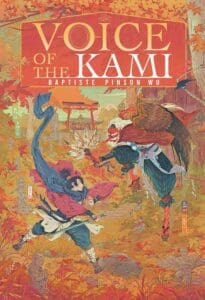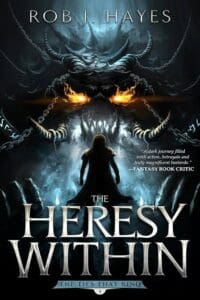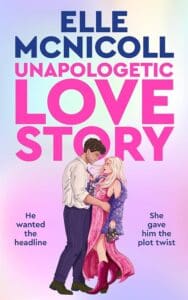
Synopsis:
Vera is a survivor of a global catastrophe known as the Low Probability Event, but she definitely isn’t thriving. Once a passionate professor of statistics, she no longer finds meaning in anything at all.
But when problematic government agent Layne knocks on her door, she’s the only one who can help him uncover the connection between deadly spates of absurdity and an improbably lucky casino. What’s happening in Vegas isn’t staying there, and the world is at risk of another disaster.
When it comes to Chuck Tingle, the only thing more terrifying than a serious horror novel is an absurd one…
Review:
In the post-war period, when Existentialism was the rage, all the great continental philosophers, it seemed, were also playwrights and novelists. There was something about this particular philosophy that lent itself to dramatization. Alienated protagonists wrestling with both the threat and allure of nihilism, attempting to construct meaningful selves in a universe that is patently absurd. This is the stuff of art as much as philosophy, and to a certain degree No Exit or The Plague have outlasted their authors’ more academic works, certainly in the popular imagination.
And then there’s Chuck Tingle.
In Tingle’s latest foray into the self-contained and endlessly self-referencing Tingle-Verse, we get absurdity aplenty. A book release celebration is interrupted by a worldwide “Low Probability Event,” a delightfully Orwellian name for what appears to be the very shattering of the laws of the universe. The events range from the Fortean (raining fish) to the hilariously grizzly (a chimp bashing people to death with a typewriter). Over the course of the event, millions die.
For Vera, the statistics professor protagonist of Lucky Day, this day brings about both the death of her mother and an end in her belief in, well… anything. For Vera, who has made a life out of studying the rational world of probability and statistics, the Low Probability Event is world-shattering. Vera sinks into a multi-year depression that is more than just grief. It’s nihilism.
“Nothing matters,” becomes her catchphrase, and the lure of the gun on her dining room table is omnipresent.
And just like that, we’re in the middle of an Existentialist novel: our protagonist attempting to build some sort of essence out of the absurdity of existence, warding off comforting bleakness of nihilism. She can either come to terms with this absurdity and grow into something authentic, or she can commit suicide, surrendering to nihilism.
Sounds pretty grim, but we’ve barely scratched the plot of Lucky Day.
Vera is pulled out of her funk by Agent Layne, an upbeat seize-the-day style agent in the newly formed (and patently fascistic) government agency formed in the wake of the Low Probability Event. Next thing you know, we’re in something like the most unhinged of X-Files episodes, as the two of them follow the source of the big event to a Las Vegas Casino.
Lucky Day is fun, smart, and utterly ridiculous, but it doesn’t carry with it the emotional heft of either Camp Damascus or Bury our Gays. This is at least in part due to Vera herself. We barely know her before the Low Probability Event, and afterward she mostly speaks in nihilistic aphorisms that reminded me more of A.J. Soprano’s brief fling with Nietzsche than a woman in the throws of genuine existential crisis. As Layne slowly draws her back toward the light, she’s mostly dealing with impossibly batshit events, and we never get to know her.
So, in the end, Lucky Day feels more like a dramatization of Existentialist philosophy than the organic journey of a human character. And it’s a shame, because there is plenty of meat on this novel, with lots of wild set-pieces, and Tingle usually brings so much heart to his characterization.
Despite these shortcomings, it’s a welcome addition to the Tingle-Verse, and a fun, inventive bit of sci-fi horror.









Leave a Reply